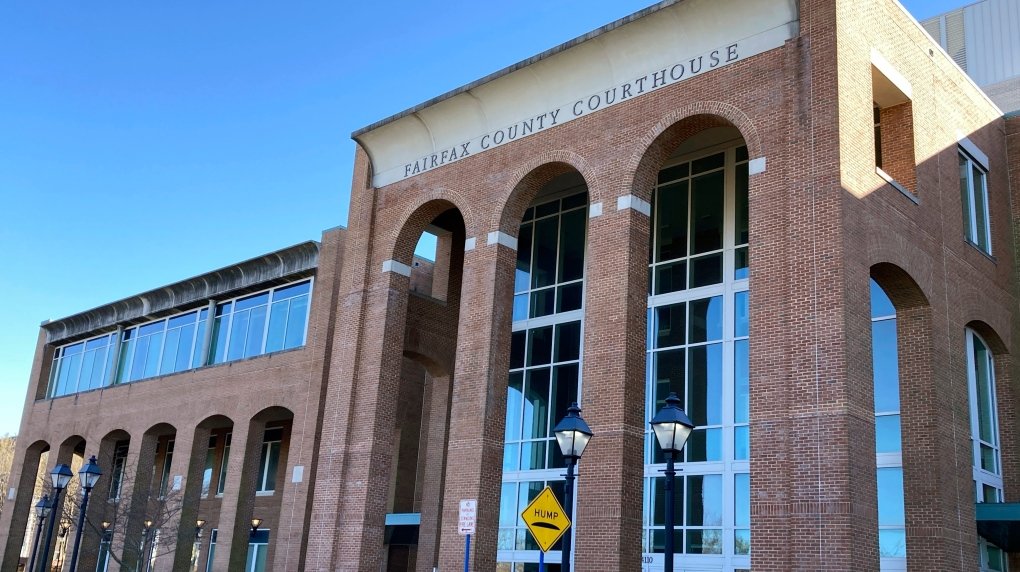A legal case is taking place in Virginia to determine if frozen embryos can be considered as property and assigned a monetary worth.
Judge Dontae Bugg from the Fairfax County Circuit Court listened to arguments on Thursday from a divorced couple. They are fighting about whether the ex-wife can use two embryos they made when they were married.
Honeyhline Heidemann says the embryos are her last hope to have a baby that is biologically hers after cancer treatment made her unable to have children. Jason Heidemann does not want to have a child biologically.
Last year, a judge named Richard Gardiner made a decision that got a lot of attention. He said that embryos could be seen as property, like things you can buy or sell. He based his decision partly on a law from the 1800s about how to treat slaves.
Gardiner is not working on the case anymore, but it’s not because he mentioned slavery as an example.
Reproductive rights activists are worried about a ruling from the Alabama Supreme Court that says embryos could be treated as children under the law.
There are not many established court decisions in Virginia about how embryos should be treated.
Honeyhline Heidemann’s lawsuit was filed under a law that decides how property is divided between people who are involved.
Jason Heidemann’s lawyer, Carrie Patterson, said there’s no previous example for this because the law isn’t made for dealing with embryos. She said its main job is to control how real estate is divided.
The law about embryos across the country says they are not just something you own. They have special qualities that courts need to consider when deciding who gets them.
When a judge looks at these cases, they have to think about a person’s right to choose to have children. In this situation, Patterson said her client really doesn’t want to have kids without wanting to.
Honeyhline’s Heidemann’s lawyer, Jason Zellman, said the rule about dividing property applies if the embryos are considered as things that can be bought or sold.
The papers that both Heidemanns signed with the IVF provider say that the embryos are like belongings. This means their worth can be measured based on how much it cost to make them.
Because there are two babies, he said, the judge can easily split the property by giving one baby to each person.
Bugg said he will make a decision later. He has concerns about putting a money value on the embryos.
Zellman agreed that the case has some new problems, but he also told the judge that it doesn’t need to be a big deal or set any new rules. He said that the special details of the Heidemanns’ situation, such as the agreement in their divorce papers that the embryos stay frozen until a judge decides, will make their case different from others in the future.
The judge agreed with the idea and said, “I think my decision only affects the Heidemanns. “
Date:

